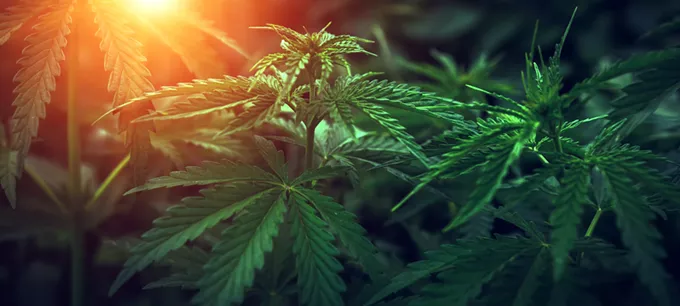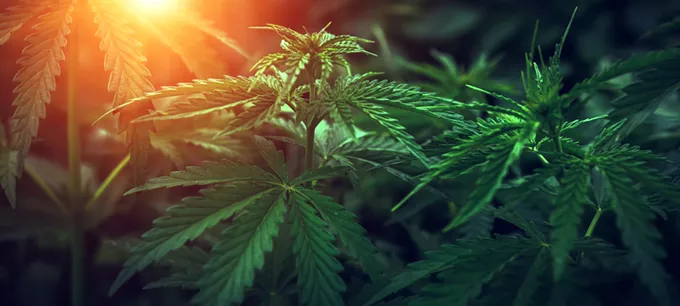In honor of Juneteenth, Maryland Gov. Wes Moore pardoned nearly 7,000 more people facing misdemeanor cannabis convictions.
Moore has been a pillar for cannabis justice since last year, when he pardoned 175,000 people with low-level cannabis convictions, setting the stage for an opportunity to bridge the racial wealth gap in the state.
The goal of the mass pardons was to address the ongoing impact of cannabis criminalization, especially for Black Americans, even in states where cannabis is now legal. A cannabis conviction can still affect access to housing, jobs and education, despite the widespread legalization efforts. People continue to face consequences for something that is now legal.
While President Joe Biden pardoned 6,500 people in 2022, those facing state-level charges can only be pardoned by governors. This has resulted in a stagnation of sorts, where a thriving marijuana industry exists alongside people indefinitely stuck behind bars. According to data from the Brookings Institution, a nonpartisan think tank based in Washington, D.C., most cannabis convictions occur at the state level.
This is why Moore’s approach to cannabis justice is something other states should pay closer attention to. The changing legality of cannabis cannot address the harms of prohibition without genuine legislative efforts. While other states have followed suit, none have done so on Maryland’s scale. Arizona, notably, has not issued any mass pardons for cannabis-related offenses. Moore, the only Black governor in the country and Maryland’s first Black governor, has seen his political tenure marked by initiatives focused on understanding racism as a systemic issue rather than just individual acts.
No one needed to apply for pardons because they were granted automatically. The additional pardons announced last week were those that were supposed to be granted in 2024 but were delayed due to technical errors.
“We know the racial wealth gap affects all of us. It hurts our economy; it restrains job growth, and it limits our potential as a state,” Moore said in a statement. “If you want a growing economy, you have to make sure it is an inclusive one. We cannot afford to simply ‘meet’ about the situation before us and delay progress — we need action. Together, we are going to continue the work of repair with action that delivers results.”
While it is clear that the path to widespread cannabis justice still requires action from all U.S. states, Maryland has set an admirable example of achievable progress.
(Except for the headline, this story has not been edited by PostX News and is published from a syndicated feed.)


